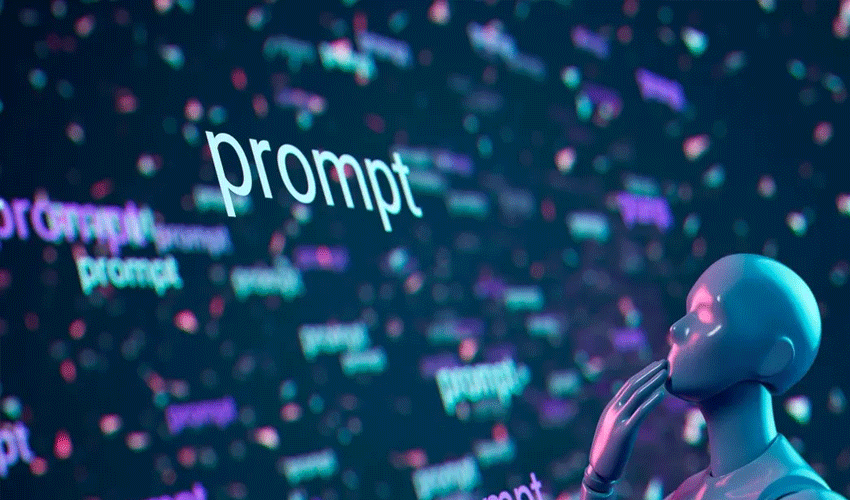Global study unveiled at ‘AI for Good’ summit in Geneva urges environmental responsibility in AI use

A new study by UNESCO released at the opening of the AI for Good global summit in Geneva has found that artificial intelligence’s surging electricity demand could be significantly curbed — by simply asking shorter questions and using smaller models.
The report, published on Tuesday, highlights that concise prompts and specialised, lightweight AI models could reduce energy consumption by up to 90 per cent without affecting the quality of responses.
The findings come amid mounting concerns over the environmental impact of generative AI tools such as OpenAI’s ChatGPT, Google’s Gemini, and Microsoft’s Copilot — all of which rely on immense computational power to process user queries.
OpenAI CEO Sam Altman recently revealed that each ChatGPT request uses an average of 0.34 watt-hours of electricity — between 10 and 70 times more than a single Google search. With ChatGPT alone receiving around a billion prompts daily, its annual electricity use reaches 310 gigawatt-hours, equivalent to the yearly consumption of three million Ethiopians, the report noted.
“The exponential growth in computational power needed to run these models is placing increasing strain on global energy systems, water resources, and critical minerals,” UNESCO warned. The organisation added that energy demand from generative AI is doubling roughly every 100 days.
The study presents a practical remedy: shorter, more efficient prompts and purpose-built models that do not require combing through massive data volumes to generate responses. When tested, reducing a prompt from 300 to 150 words — and switching from a large general-purpose AI model to a smaller, domain-specific one — led to energy savings of nearly 90 per cent, without any loss in performance.
Tech giants appear to have taken heed. All major AI firms now offer miniaturised versions of their language models. Google has launched its leaner ‘Gemma’, Microsoft offers the Phi-3 series, OpenAI recently introduced GPT-4o mini, and French firm Mistral AI released its ‘Ministral’ model.
These specialised models, designed for narrower tasks, require significantly less computing power than their full-sized counterparts, making them both faster and more energy-efficient.
The UNESCO report urged governments, tech companies, and users alike to consider the environmental implications of AI usage, particularly as the technology becomes embedded in everyday applications, from online searches to virtual assistants and content generation tools.
“With thoughtful design and mindful use, AI can be a powerful ally for sustainable development — but only if its growing footprint is responsibly managed,” the report concluded.









